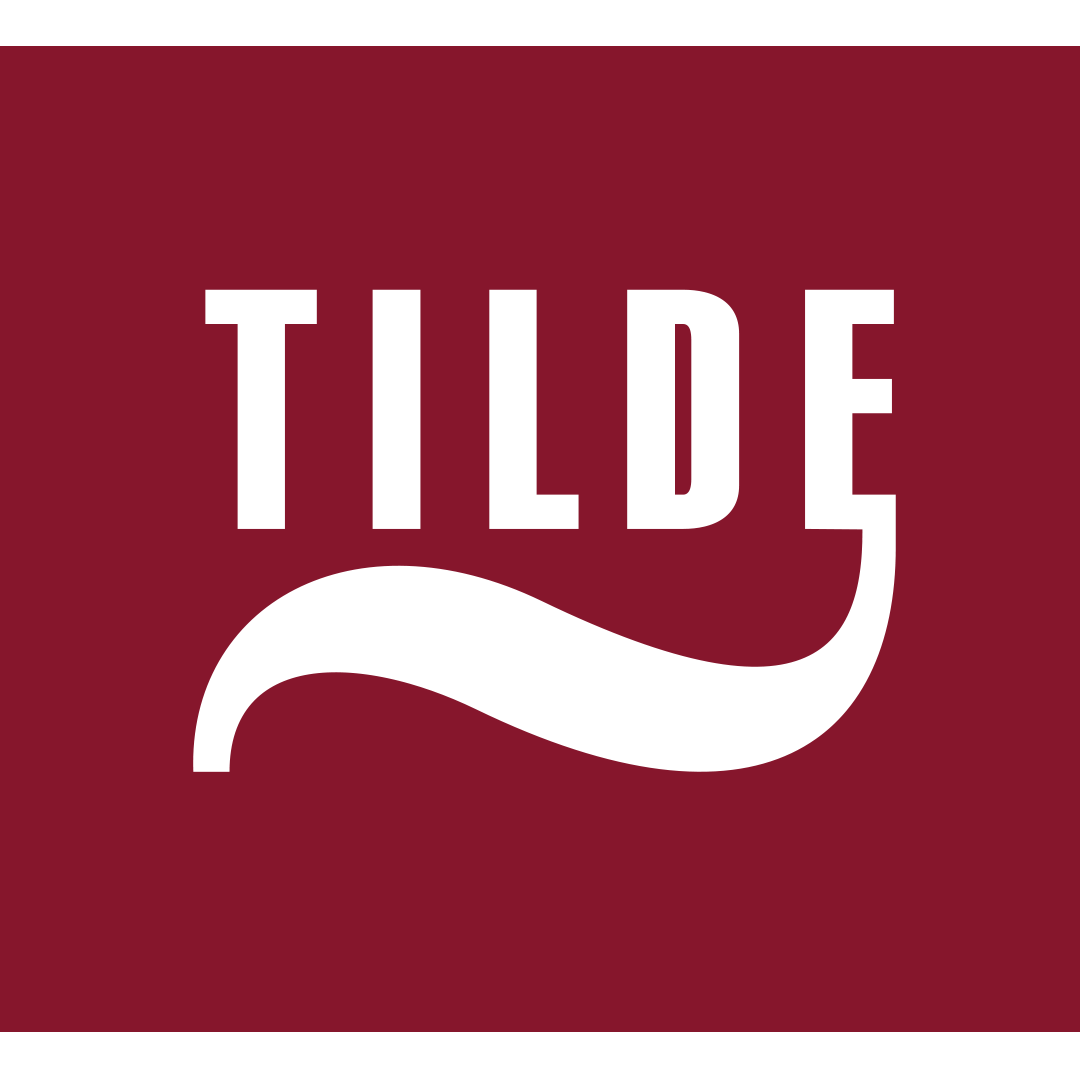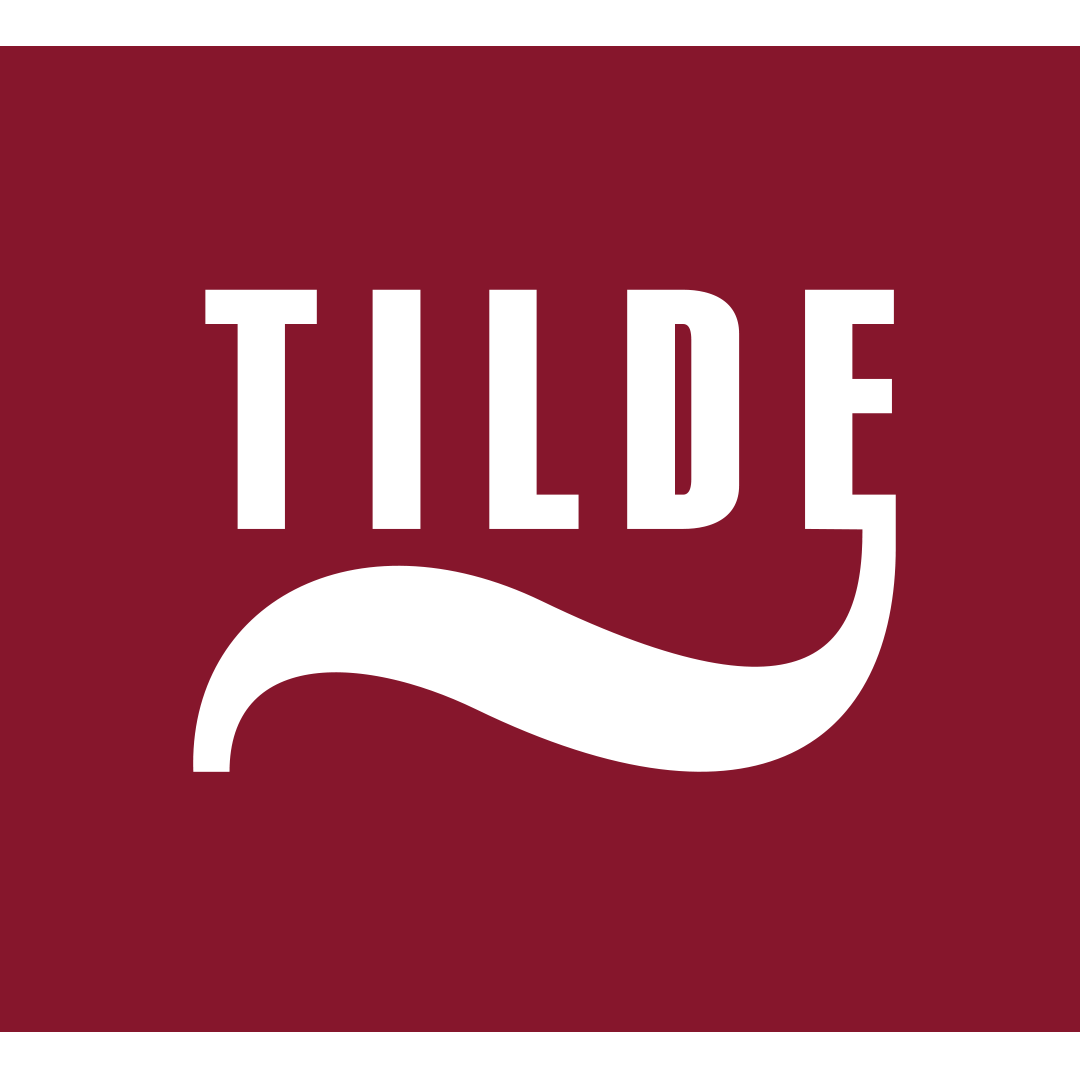Success story in short
As the pandemic broke out, there was a sudden and unexpected surge in queries regarding the electronic signature of documents which meant three to four times more consultations provided by the eSignature customer service centre than before the outbreak. The virtual assistant Signe has taken over a quarter of all consultations.
87,372
messages during one year
2,380
customers per month
25%
of conversations serviced by the virtual assistant
1
employee’s workload covered by Signe
Customer service professionals had to provide three to four times more consultations than before, mostly in matters related to primary support: helping customers to find instructions and application forms, explaining how various eSignature carriers differ and which one would be the most appropriate and convenient one.
Virtual assistant handles a fifth of incoming queries in four months
At the end of April 2020, a new colleague joined the workforce — virtual assistant Signe (her name comes from “sign” and “electronically”). On the average, Signe advises 2,380 customers per month about the use and registration for the e-signature, and sends more than 87,000 brief and concise messages in her native language. Her task is to support future and current users of the eParaksts mobile app and to advise on how to use eSignature and eID cards.

On the website and Facebook Messenger, it advised customers about the establishment and winding down of companies, as well as the progress of specific documents. As UNA developed, the number of topics increased from 3 to 60. Since its first day at work, UNA has sent more than 234,483 useful messages in two languages. People trust UNA: if compared to all customer support channels, up to 13% of customers chose the virtual assistant as their source of information.
“Every single month thousands of people apply for eParaksts mobile, the possibilities of eSignature expand and our residents are better motivated to use the digital passport and secure electronic signature provided by the state,” explains Agnese Brūvere.
“Signe is tasked with providing immediate assistance so that people do not have to waste time waiting in call queues or writing emails,”
Agnese Brūvere,
the head of E-services Department of LVRTC
The results speak for themselves
- On the average, the virtual assistant services 25% of all customer service and user support requests. It is an essential service to those customers who require assistance outside regular customer service business hours – during night-time and holidays
- Customers no longer need to wait for a connection with an operator, they can receive an answer right away and at any time. During the working hours, customer service professionals can focus on more complex requests where human involvement is indispensable
- Signe is currently covering the workload of one operator, but in the future, as people become more accustomed to modern technologies, it will predictably do even more
Future ambitions
Signe is constantly acquiring new knowledge and scenarios are constantly being updated. Work is being done on a common solution — a common national virtual assistant platform — to provide other authorities with access to Signes’ knowledge. In the near future Signe will probably be able to communicate in English and Russian as well.
The virtual assistant was developed in cooperation with the Culture Information Systems Centre (KISC) and e-signature and customer service experts of LVRTC and is based on the resources and the current infrastructure of the Hugo.lv platform.






